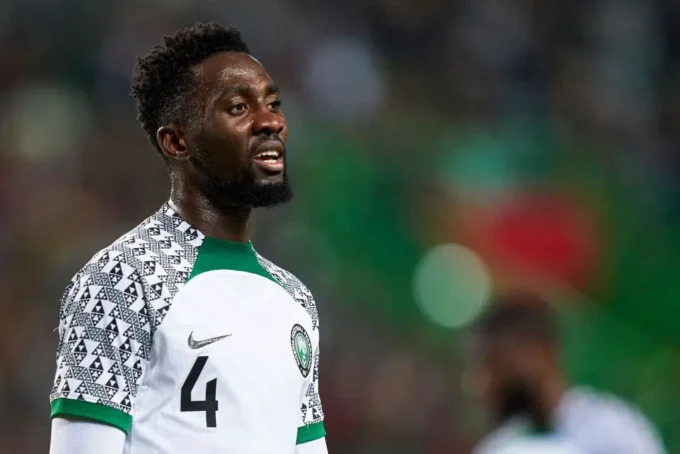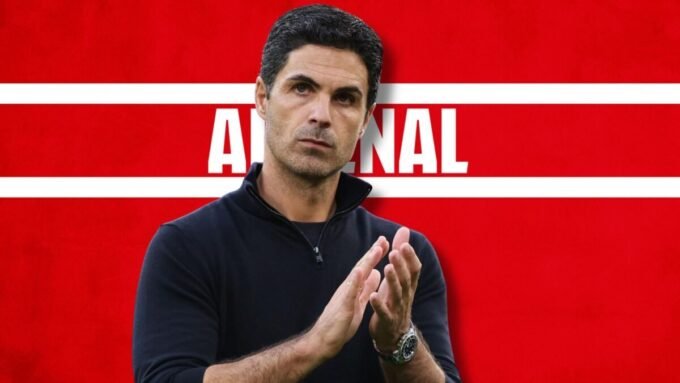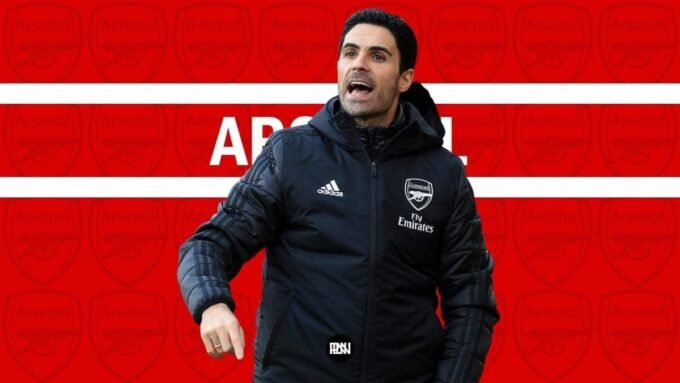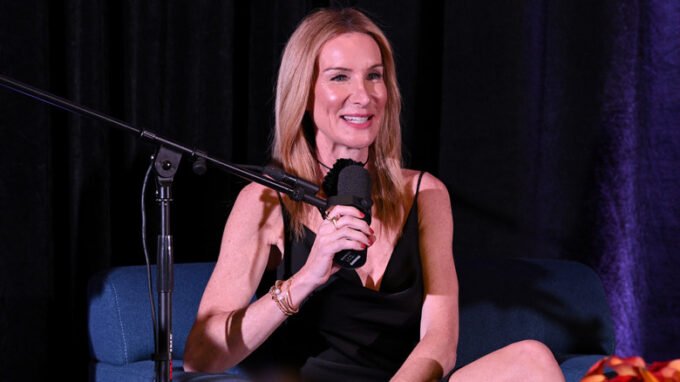There’s something quietly unsettling about watching people choose silence because it’s safer — and then pretending that safety is somehow neutral, or even deserved. In Nigeria, the pattern repeats itself: many church leaders keep quiet about the wave of violence sweeping parts of the nation. Yet a handful, like Reverend Ezekiel Dachomo, keep speaking. That isn’t small or simple. It’s messy. It’s also worth looking at why so many others stay silent — and what that silence actually means.
Why the Quiet? A Mix of Survival and Comfort
Let’s be honest: when pastors’ churches are untouched, it’s easy to feel no immediate pressure to speak up. If your ministry is growing, your pews are full, and no one has threatened your building, you might conclude — reasonably, at least on the surface — that you’ve nothing to lose by staying out of heated public debates. That logic is shallow but human. We protect what keeps working.
There’s a second, less flattering truth: power and comfort tilt priorities. If a pastor’s job, income, and social standing are linked to keeping things calm and congregants happy, criticisms that might stir controversy get shelved. Sometimes leaders calculate that taking a stand could jeopardize those things. So they don’t. They keep sermons focused on faith and morality in ways that avoid naming perpetrators, political failures, or communal injustices that are — frankly — dangerous to mention.
This is not always cowardice. I don’t want to draw neat lines. Some leaders may be making a tactical choice: speak and risk your flock’s safety, or stay quiet and preserve what you can. That’s a harsh calculation, and it’s one I’d rather not have to judge from the outside. Still, the effect of many such choices is a conspicuous silence where moral leadership might have been expected.
The Few Who Speak: Cost, Conviction, and Visibility
So when someone like Reverend Ezekiel Dachomo speaks out, it matters. Not because he’s the only moral person in the room, but because he’s breaking the pattern. He’s using his platform to name what others won’t. That act isn’t purely symbolic. It carries risks — personal, institutional, and social. People who speak publicly against violence in a highly charged environment can become targets. Buildings can be threatened. Followers can be pressured.
By contrast, the recent dedication of a massive church building by Pastor David Ibiyeomie in Rivers State tells a different story. It’s a high-profile event and, for many, a sign that a ministry is thriving. It shows resources, influence, and apparent safety. That doesn’t automatically label him complicit in silence. But it does raise questions: does the enjoyment of success sometimes come with an unspoken tradeoff — a reluctance to bite the hand that keeps you fed or to rock the boat that keeps donations flowing? Maybe. Or maybe the pastor believes his energy is better spent on spiritual growth and charity than on confronting violent actors or political leaders.
Also read: A Closer Look at the Ned Nwoko–Regina Daniels Buzz (and Why It Keeps Us Talking) Verydarkman Video
There’s no single answer, just a messy mix of personal conviction, fear, strategy, and survival instinct. I think that’s worth saying plainly. People aren’t cartoons; they don’t always fit one moral mold.
Moral Leadership vs. Practical Restraint
Moral leadership asks for more than avoiding complicity. At its best, it takes risk, calls out injustice, and uses influence for the vulnerable. But moral leadership isn’t a luxury everyone can afford. I’ve seen pastors who try to walk the middle line: they offer private counsel, help victims behind closed doors, and quietly support displaced families. That kind of work often never makes headlines. It’s practical, cautious — maybe the sensible thing when direct confrontation could result in worse outcomes.
Still, silence has consequences. When influential voices stay absent from public moral discourse, the conversation shifts. Politicians, security forces, and even violent groups notice the vacuum. Absence can be interpreted as consent, or at least indifference. That’s not good for a society in need of clear moral signals. We need to ask whether pastoral silence protects lives in the short term but enables harm in the long run.
Ambiguity Is Part of the Picture — And That’s Okay
I don’t think it’s useful to paint everyone who remains silent as cowardly, nor to lionize every outspoken pastor as a hero. People are inconsistent. I’m inconsistent. Sometimes I think speaking out is necessary; other times I think the safer, quieter route is wiser. Those contradictions are human. They make this whole issue harder to fix, but more real.
Consider the social networks around these pastors. Many are embedded in political circles or depend on local elites for security and resources. Others work primarily in precarious, rural areas where speaking up could bring immediate harm to congregants. That variability matters. A one-size judgment — “you should all speak up” — misses the nuance. But nuance should not become an excuse for collective silence either.
Also read: When Love and Blame Get Mixed Up: Regina Daniels, Ned Nwoko, and the Messy Middle
A Small Call to Action (Not a Sermon)
If I had to push for something practical: I’d like to see more public, coordinated, and smart moral responses. Not only fiery speeches, but petitions, humanitarian assistance, legal pressure, and community protection plans that involve churches as safe actors without necessarily courting danger for every pastor. Coordinated action can spread risk, and it can make speech safer. That’s a small, maybe naïve hope. But it’s one I suspect many on both sides would prefer.
Final Thoughts
Watching pastors choose between stability and speaking truth is one of those uncomfortable mirrors of how real people make hard choices. The presence of grand buildings and thriving ministries doesn’t automatically mean moral abdication; silence doesn’t always mean complicity. But the pattern — that few voices speak out while many enjoy safety — deserves scrutiny. It’s not tidy, and it’s not binary. It’s human: flawed, hesitant, and sometimes brave.









































Leave a comment